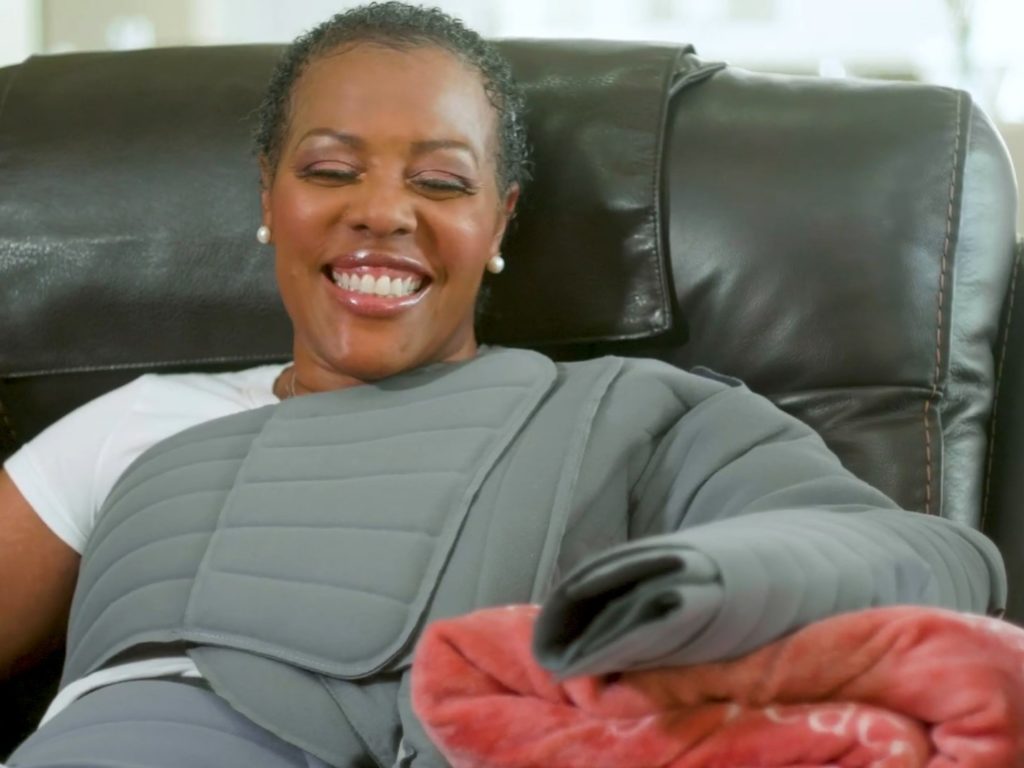Inflammation vs Swelling
Review our guide on the differences between inflammation vs. swelling, so you can understand how they impact your body differently.
Read More

Many treatments have a positive effect on swelling and even simple lifestyle changes can make a big difference in your quality of life. Your doctor can also suggest treatments that may require a prescription, and help you find the right balance of therapies to relieve your symptoms.
Some remedies can cause harm unless you are under close supervision by a healthcare provider who specializes in chronic swelling, circulatory issues, or vein treatments. Use caution when considering treatments including:
Because each person’s experience is unique, we recommend that you track your symptoms and treatments so you and your doctor have a complete picture of your condition and can make informed decisions. Tracking this information can help you get the right diagnosis and the right treatment plan in place faster.
Review our guide on the differences between inflammation vs. swelling, so you can understand how they impact your body differently.
Read More
Review our guide on chronic venous insufficiency (CVI) to better understand the symptoms, causes, and treatment options to get the care you need.
Read More
The lymphatic system helps our body fight diseases and infections. Find out more about the lymphatic system and its functions in this guide.
Read More
Lymphatic circulation is a key part of the immune system. Learn more about the role of the lymphatic system in the body.
Read More
Call us at 1.800.575.1900